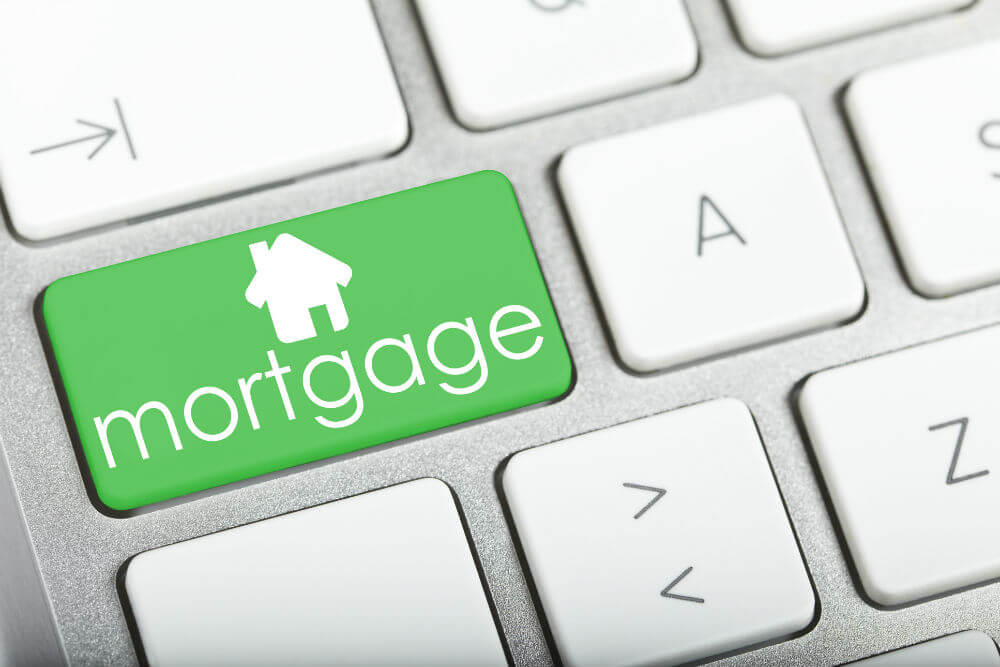Making an RRSP withdrawal to pay the mortgage
It almost never pays, unless you find yourself suddenly unemployed
Advertisement
It almost never pays, unless you find yourself suddenly unemployed

Share this article Share on Facebook Share on Twitter Share on Linkedin Share on Reddit Share on Email